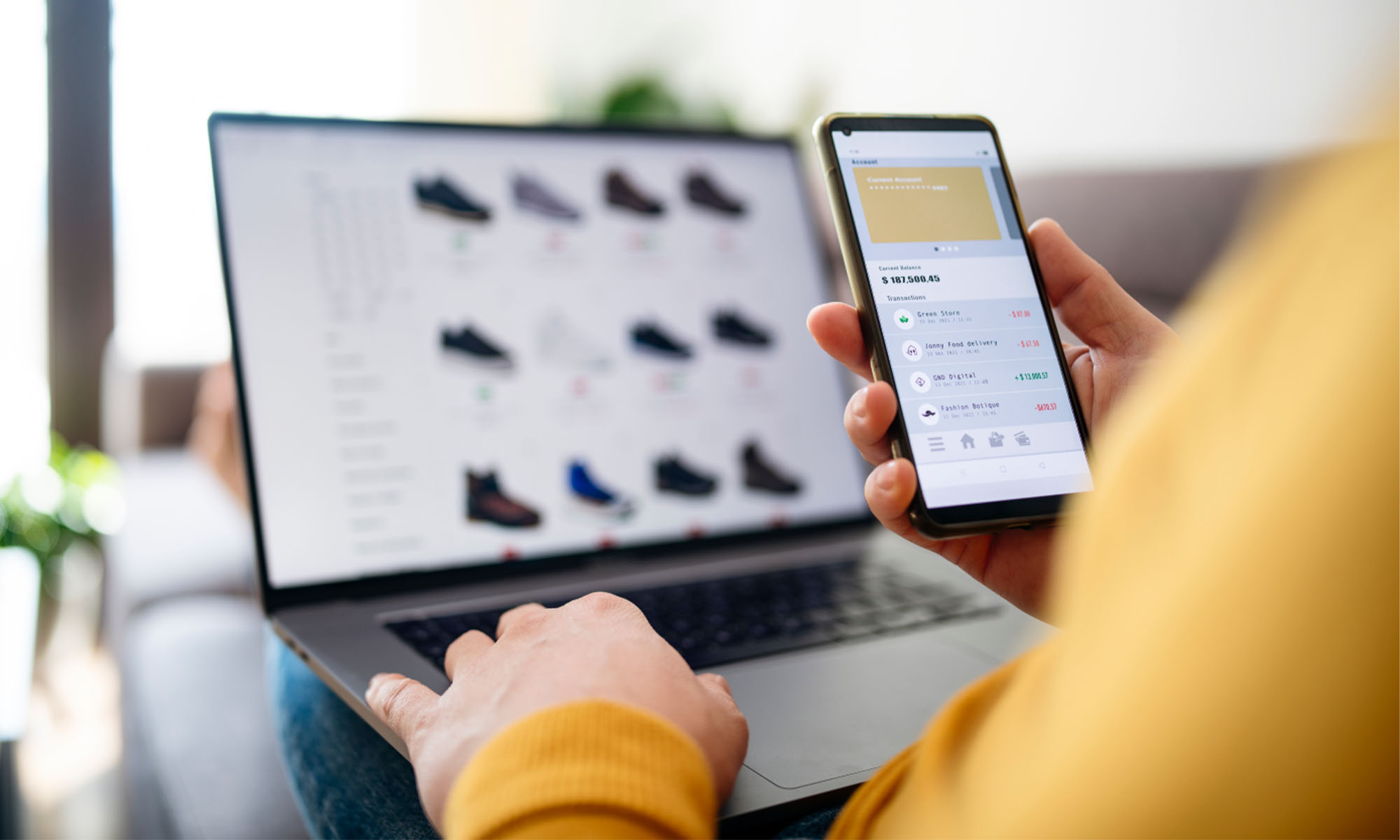News
Study Shows Gen Alpha’s Growing Impact On The Digital Economy
Tech-savvy children aged 8-15 are reshaping global shopping and payment trends through their heavy use of social commerce and digital tools.

A new study commissioned by Checkout.com, a global leader in digital payments, shines a spotlight on Generation Alpha (kids aged 8-15) and their increasing role in shaping the digital economy. Conducted across the UAE, UK, US, and China, the research dives into how these young consumers are influencing spending trends and reshaping commerce through technology and social media.
UAE’s Gen Alpha: Online Shopping And Gaming Enthusiasts
In the UAE, Generation Alpha is particularly adept at navigating today’s digital-first economy. The research reveals their heavy reliance on social platforms for shopping, with younger buyers gravitating toward social commerce. While 54% of millennials tend to stick to direct-to-consumer websites, 51% of Gen Z prefer shopping directly through social media.
The gaming sector is another area where the UAE’s young consumers are taking the lead. Children in the UAE spend 47% of their allowances on e-gaming, far surpassing the 28% spent by their peers in the UK, US, and China.
High-Value Purchases On The Rise
Parents’ spending on high-end items is soaring too. The report notes a 46% surge in luxury goods purchases and notable increases in home appliance and travel purchases. This trend signals a rebound in consumer confidence, particularly in recently hard-hit areas like tourism.
Interestingly, UAE kids are not just passive beneficiaries of parental spending. The study reveals that 75% of 8-year-olds and 92% of 15-year-olds in the UAE make purchases independently, often through digital platforms.
Buy Now, Pay Later Gains Traction
The research uncovers a surprising trend: a growing number of UAE children over 13 opt for “Buy Now, Pay Later” (BNPL) services. While still a small percentage (11%), this points to how younger generations are embracing alternative payment methods early on.
Global Insights: Social Commerce And Digital Influence
Globally, Generation Alpha influences about 27% of household spending, with digital purchases accounting for nearly a third of that figure. Parents increasingly buy digital products, such as educational tools and streaming services, with 47% prioritizing online learning resources.
Social media remains a dominant force in shopping habits. Across all regions, children use platforms like Instagram and TikTok to discover deals, with preferences varying slightly between countries. In the US, 57% of young shoppers rely on social media, compared to 41% in the UAE.
Physical stores, meanwhile, are becoming less popular. Just 35% of Gen Z worldwide shop in brick-and-mortar stores regularly, further underlining the shift to digital channels.
A Blueprint For Future Commerce
“Generation Alpha is playing a major role in the digital economy,” says Rory O’Neill, Chief Marketing Officer at Checkout.com. “Businesses must pay close attention to evolving customer preferences to stay competitive in this rapidly changing market”.
News
Samsung Smart Glasses Teased For January, Software Reveal Imminent
According to Korean sources, the new wearable will launch alongside the Galaxy S25, with the accompanying software platform unveiled this December.

Samsung appears poised to introduce its highly anticipated smart glasses in January 2025, alongside the launch of the Galaxy S25. According to sources in Korea, the company will first reveal the accompanying software platform later this month.
As per a report from Yonhap News, Samsung’s unveiling strategy for the smart glasses echoes its approach with the Galaxy Ring earlier this year. The January showcase won’t constitute a full product launch but will likely feature teaser visuals at the Galaxy S25 event. A more detailed rollout could follow in subsequent months.
Just in: Samsung is set to unveil a prototype of its augmented reality (AR) glasses, currently in development, during the Galaxy S25 Unpacked event early next year, likely in the form of videos or images.
Additionally, prior to revealing the prototype, Samsung plans to introduce…
— Jukanlosreve (@Jukanlosreve) December 3, 2024
The Galaxy Ring, for example, debuted in January via a short presentation during Samsung’s Unpacked event. The full product unveiling came later at MWC in February, and the final release followed in July. Samsung seems to be adopting a similar phased approach with its smart glasses, which are expected to hit the market in the third quarter of 2025.
A Collaborative Software Effort
Samsung’s partnership with Google has played a key role in developing the smart glasses’ software. This collaboration was first announced in February 2023, with the device set to run on an Android-based platform. In July, the companies reiterated their plans to deliver an extended reality (XR) platform by the end of the year. The software specifics for the XR device are expected to be unveiled before the end of December.
Reports suggest that the smart glasses will resemble Ray-Ban Meta smart glasses in functionality. They won’t include a display but will weigh approximately 50 grams, emphasizing a lightweight, user-friendly design.
Feature Set And Compatibility
The glasses are rumored to integrate Google’s Gemini technology, alongside features like gesture recognition and potential payment capabilities. Samsung aims to create a seamless user experience by integrating the glasses with its broader Galaxy ecosystem, starting with the Galaxy S25, slated for release on January 22.



























